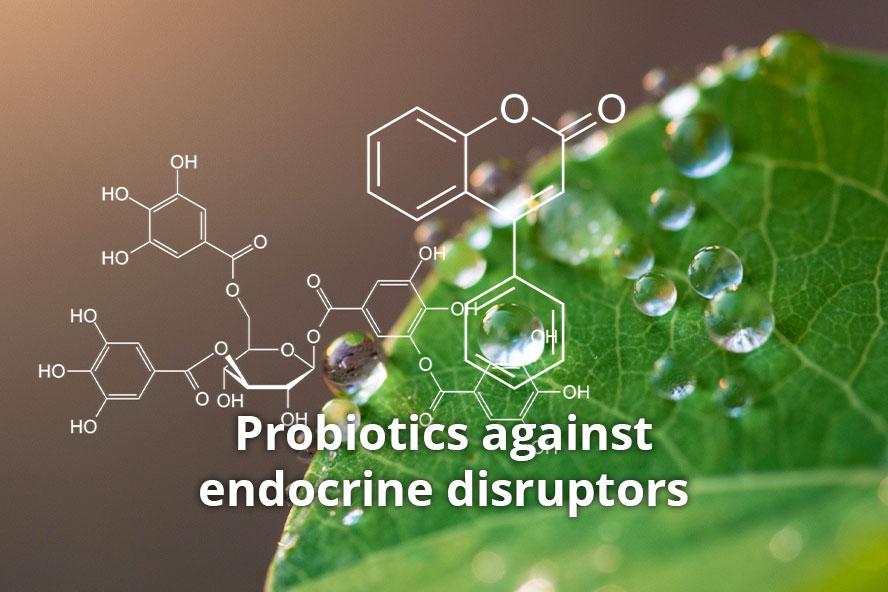For a few years now, we have been seeing a clear link between the environment and health problems. Who hasn’t heard about the pollution of our domestic environment such as mercury contamination from light bulbs or cancers caused by asbestos. Some diseases due to the work environment are now even recognized as occupational diseases such as Parkinson’s disease caused by pesticides in farmers.
But if environmental toxins, air pollutants and endocrine disruptors could interact with the human microbiome, destabilize it and even influence its composition and functions… the impact on our health would be dramatic.
The review published on Science of The Total Environment (1) on November 14, 2021, reports that air pollution and endocrine disruptors may induce imbalances in the human microbiome. The research team warns that environmental contaminants can alter the diversity and abundance of our microbiota and even colonize our intestines with pathogens, including streptococcus and veillionellales, which can trigger infectious diseases. The researchers conclude on the need for further investigations.
If the “attacks” of environmental pollutions can also be at the origin of dysbiosis, we may have some possibilities to counteract them with beneficial bacteria!
A study published in the International Journal of Molecular Sciences (2) using the probiotic formulation Slab51, contained in the products Agimixx and Sivomixx, explains that it is indeed possible to mitigate the impact of environmental pollution on the microbiota.
The authors report the impact of the probiotic formulation Slab51 in mitigating the toxicity and negative effects of a pollutant used to produce resins and plastics for domestic use, bisphenol A, in an animal model.
The research team concludes that the Slab51 probiotic formulation helps reduce the impact of endocrine disruptors on health, which is very good news.


